Understanding the Legal and Tax Implications of Transferring Shares in an Israeli Real Estate Holding Corporation (איגוד מקרקעין).
Transferring shares in a real estate holding corporation (איגוד מקרקעין) can be more complex than it appears. While corporate law treats it as a standard share transfer, the Israeli Tax Authority applies real estate transaction taxes. This article explains the difference and some implications for both buyers and sellers.
1. Legal Treatment of Share Transfers
Under Israeli corporate law, transferring shares is a relatively simple process. The transfer follows the company’s articles of association, without the need for a notary or written contract in order for it to be legally binding (unlike real estate transactions). From a legal standpoint, transferring shares in an איגוד מקרקעין is no different from transferring shares in any other company.
2. Israeli Tax Treatment: Substance Over Form
The Israeli Tax Authority sees things differently. Despite the legal simplicity of share transfers, the Tax Authority applies the substance over form doctrine. Since an איגוד מקרקעין typically holds real estate as its primary asset, the transfer of shares is treated as an indirect real estate sale. This triggers two major tax liabilities:
- Purchase tax (מס רכישה): Buyers must pay this tax as if they were directly purchasing real estate.
- Capital gains tax (מס שבח): Sellers are liable for capital gains tax based on the increase in the value of the company’s real estate holdings.
3. Why the Difference?
This divergence exists to prevent tax avoidance. Without this policy, companies could structure real estate sales through share transfers, avoiding the higher taxes associated with direct property sales. The tax system ensures that in the case of an איגוד מקרקעין the real estate’s value is taxed, regardless of how the transaction is structured.
4. Practical Consequences
For both buyers and sellers, this mismatch between corporate and tax law can lead to surprises. While the legal process of transferring shares may be straightforward, the tax obligations can be as complex and costly as a direct real estate transaction. It’s crucial to understand the potential tax burdens before proceeding with a transfer.
Conclusion
The transfer of shares in an איגוד מקרקעין highlights the tension between legal formalities and tax realities. While corporate law treats it as a simple share transfer, the Israeli Tax Authority ensures that the tax consequences reflect the true nature of the asset being transferred: real estate. Understanding these implications can help you avoid unexpected tax liabilities when dealing with real estate holding corporations.





